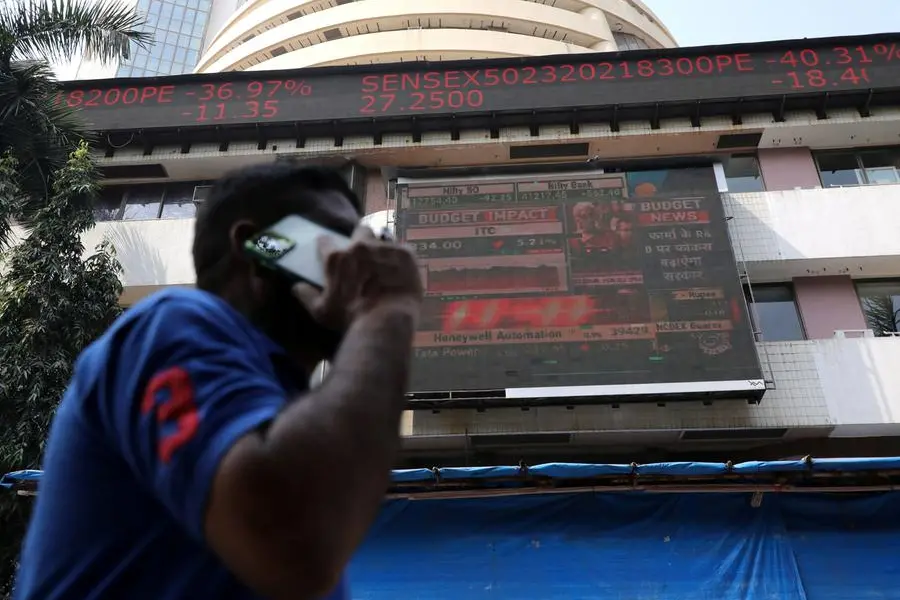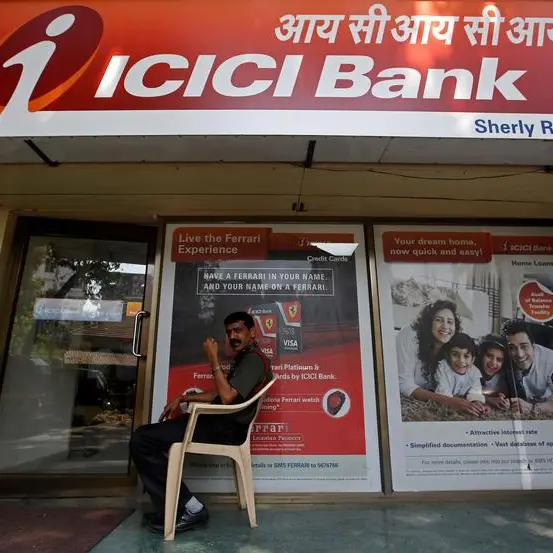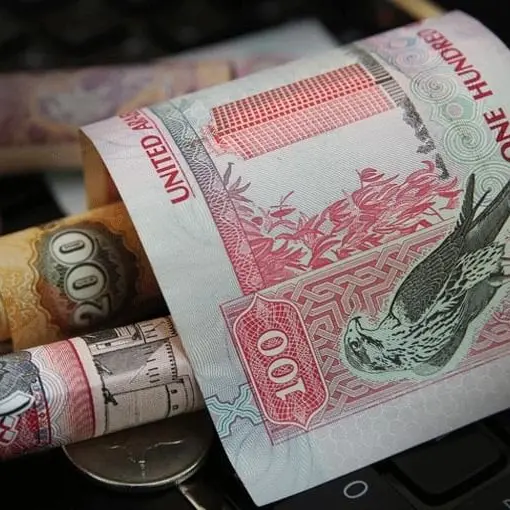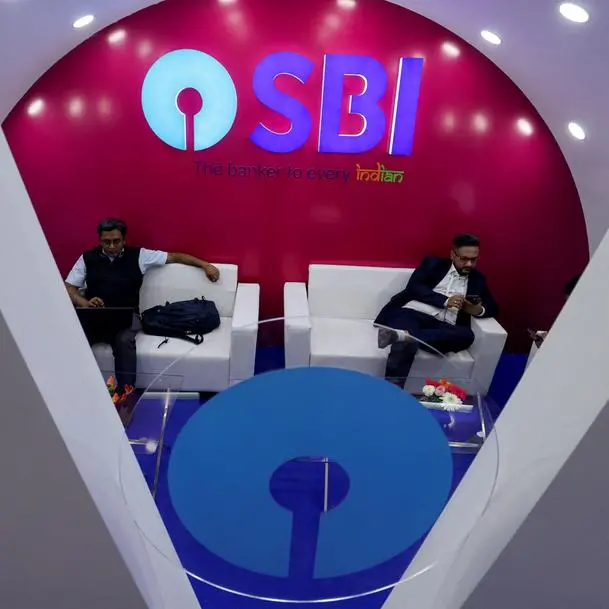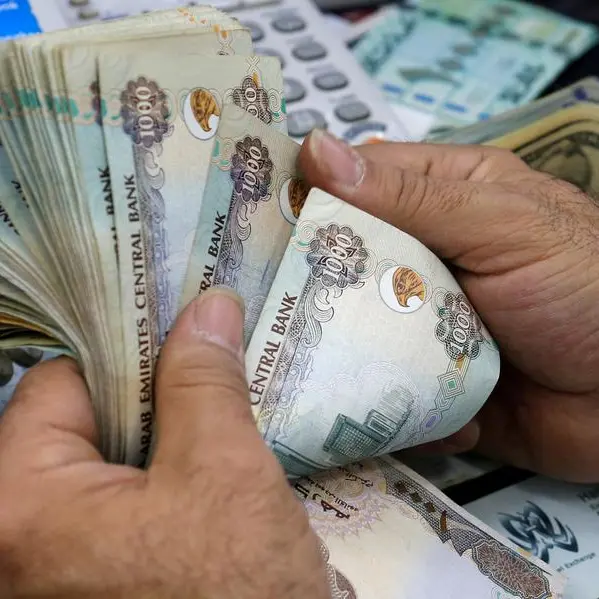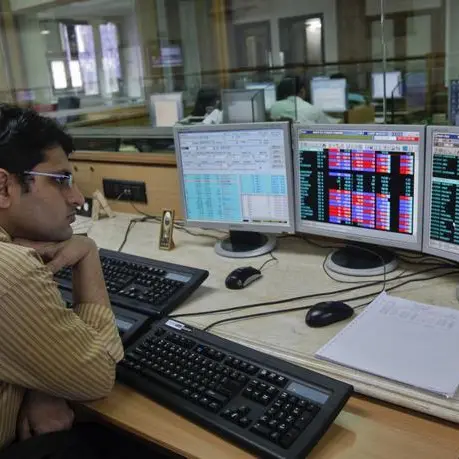PHOTO
MUMBAI - Indian government bond yields ended higher on the last day of the financial year, as traders cut positions after the April-September borrowing calendar announcement, while focus remains on the central bank's monetary policy decision.
The 10-year benchmark 7.26% 2032 bond yield ended at 7.3180% on Friday, after closing at 7.2897% on Wednesday.
The yield fell 14 basis points in March, its first monthly fall since November, while also dipping for the third consecutive quarter.
The benchmark bond yield rose 48 bps this financial year, and recorded its third consecutive rise, as global central banks as well as the Reserve Bank of India (RBI) embarked upon an aggressive rate hike cycle to tamp down inflationary pressures.
"The mutual fund buying led to a minor rally in government bonds, which is likely to fizzle out in a couple of days. With the commencement of the fresh borrowing program, one can expect range bound in the 10-year bond between 7.25%-7.50%," said Sandeep Bagla, Chief Executive Officer of Trust Mutual Fund.
India's federal government plans to borrow 8.88 trillion rupees ($108.01 billion), slightly above expectations, through bonds in April-September, and the planned borrowing constitutes about 57.6% of the annual aim of 15.43 trillion rupees.
The bond yield curve is expected to steepen gradually with yields of 14-year and above maturity notes rising more as a bulk of the supply for April-September will be in this tenure, market participants said.
The RBI's monetary policy decision, due on April 6, is a key event that will give further cues to the bond market.
The RBI will raise the interest rate by 25 bps and then pause for the rest of the year, according to a Reuters poll of economists, who said the central bank would maintain its tightening stance.
The central bank has so far raised the repo rate by 250 bps to 6.50% in the current financial year. Till policy outcome, the benchmark bond yield is expected to be in the 7.30%-7.35% range, traders said. ($1 = 82.2180 Indian rupees)
(Reporting by Bhakti Tambe and Dharamraj Dhutia; Editing by Varun H K)
